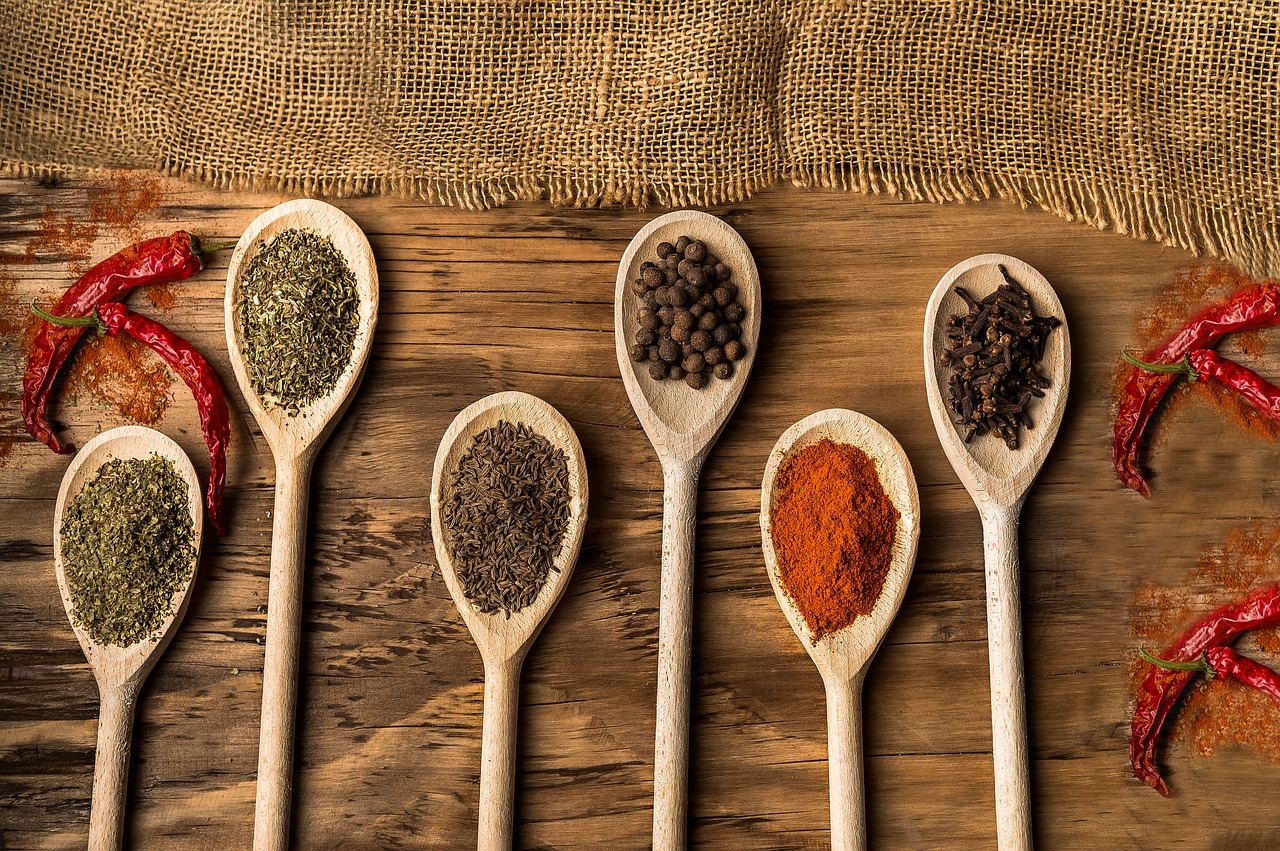Discovering the flavors of Russian cuisine

Russian cuisine is a unique blend of flavors, often surprising the taste buds with unexpected combinations. It is deeply rooted in the country’s history and reflects the vast geographical diversity of Russia. Whether it’s hearty meat dishes, flavorsome fish recipes, or traditional soups, there’s something for everyone in this fascinating cuisine. Let’s dive in and learn more about the captivating world of Russian food.
The Rich History of Russian Cuisine
The history of Russian cuisine is as diverse and intriguing as the country itself. It has evolved over centuries, influenced by various factors such as the harsh climate, the religious beliefs, and the socio-economic changes.
A lire également : Uncover the intrigue of the le creuset mystery box
In ancient times, Russian food was quite simple, consisting primarily of grain, dairy products, and wild game. Over time, as Russia expanded its territories and established trade routes, new ingredients were introduced, gradually shaping the cuisine we know today.
During the 10th century, Christianity made fasting a significant part of Russian life, which influenced the development of a multitude of vegetarian and fish dishes. The Mongol invasion in the 13th century brought oriental spices, tea, and preserved foods, further diversifying the Russian diet.
A lire également : Recipes for traditional dishes with a modern twist
The 18th and 19th centuries saw an influx of Western culinary traditions, especially from France and Italy, during the reign of Peter the Great and Catherine the Great. This period marked the creation of many dishes that are still popular today, like Beef Stroganoff and Olivier Salad.
Traditional Russian Dishes
When discussing traditional Russian dishes, it’s impossible not to mention the ubiquitous ‘Borsch.’ This beetroot-based soup, often served with a dollop of sour cream, is a staple in virtually every Russian household. The recipe varies from family to family and region to region.
Another must-try dish is ‘Pelmeni,’ a type of meat dumpling usually served with melted butter or sour cream. ‘Pirozhki,’ small buns filled with a variety of fillings, such as meat, vegetables, or fruit, are also immensely popular.
Fish plays a prominent role in Russian cuisine due to the country’s abundance of rivers and lakes. Smoked or salted fish is often served as an appetizer, and ‘Ukha,’ a clear fish soup, is a classic Russian dish.
The Role of Bread in Russian Cuisine
Bread holds a special place in Russian cuisine. It is present at every meal and is often regarded with a sense of reverence. The most common are ‘Rye Bread’ and ‘Baton,’ a long white loaf, but a wide variety of bread types are enjoyed throughout Russia.
In the past, bread was so important that it was used as a form of currency, highlighting its value in Russian society. It’s also associated with hospitality – breaking bread with someone is seen as a symbol of friendship and trust.
The Influence of Moscow on Russian Cuisine
Moscow, the capital of Russia, has played a significant role in shaping Russian cuisine. In the past, it was the city’s wealthy residents who influenced the food culture, introducing sophisticated European dishes to Russian tables.
Nowadays, Moscow is a melting pot of different cuisines, reflecting the city’s multicultural population. Traditional Russian restaurants coexist with modern establishments offering a fusion of Russian and international cuisines.
An emblematic dish of Moscow is ‘Moscow Baked Chicken,’ a succulent chicken dish served with a creamy garlic sauce. Also, ‘Medovik,’ a honey cake that originated in Moscow, is one of the most loved desserts in Russia.
Learning to Cook Russian Dishes
If you wish to bring the flavors of Russian cuisine into your own kitchen, there are many recipes available online to help you start your culinary journey. Here are a few easy ones to get you started.
‘Borsch’ is a good place to start as it is relatively easy to prepare. The main ingredients are beets, cabbage, potatoes, and beef, all simmered together to create a hearty, satisfying soup.
‘Blintzes,’ thin pancakes filled with sweet or savory fillings, are another uncomplicated dish to try. The batter is easy to make, and the fillings can be customized to your taste.
Cooking Russian dishes at home not only provides a delightful culinary experience but also a glimpse into the fascinating culture and history of Russia. So why wait? Start exploring Russian cuisine today!
Remember, the beauty of cooking lies in the journey, not just the destination. So, take your time, enjoy the process, and relish the delicious results!
The Transformation of Russian Cuisine
Russian cuisine, like the country itself, has continuously evolved over the years, influenced by various political and economic changes. One of the most significant shifts happened during the reign of the Soviet Union, profoundly influencing Russian food.
During the early Soviet era, there was an emphasis on simplicity and accessibility. The government standardized recipes, resulting in the ubiquitous ‘Soviet Salad,’ a potato salad with carrots, peas, pickles, and hard-boiled eggs.
The fall of the Soviet Union in the 1991 opened up Russia to the global marketplace. Importation of foreign foods increased, leading to a more diverse food scene. Despite these influences, traditional Russian dishes remained popular and continue to be a staple on most menus.
In recent years, Russian cuisine has experienced yet another transformation. The movement towards locally sourced, organic ingredients has led to a resurgence of traditional cooking methods and a renewed appreciation for authentic Russian foods.
Street food, a trend borrowed from the United States and other western countries, has also found its way into Russian culture. Whether it’s a hot ‘Shawarma’ or a quick ‘Blini,’ Russian streets are now teeming with delicious quick eats, giving an exciting twist to the traditional Russian cuisine.
The Future of Russian Cuisine
Looking forward, Russian cuisine shows no sign of slowing down its evolution. Chefs across Russia, especially in major cities like Moscow and Petersburg, are pushing the boundaries of traditional cooking, fusing Russian ingredients with international techniques to create innovative dishes.
The trend for healthy, sustainable eating is also making its mark on Russian cuisine. A growing number of restaurants are focusing on ‘Farm-to-Table’ concepts, serving dishes made from local, seasonal ingredients. This shift not only supports local farmers but also showcases the diversity and richness of Russian produce.
In conclusion, Russian cuisine is a reflection of the country’s rich history and culture. Its flavors, ingredients, and cooking methods tell the story of a nation that has weathered numerous challenges and changes, yet remains deeply connected to its roots.
Experimenting with Russian cooking in your own kitchen can be a rewarding and educational journey, allowing you to taste and understand a small part of this vast and complex country. Whether you’re a seasoned chef or a home cook, there’s something in Russian cuisine that’s sure to tickle your taste buds and ignite your culinary curiosity.
So, grab your apron, find a recipe, and start your own adventure into the delicious world of Russian cuisine.
Remember, cooking is an exploration – it’s not just about reaching the destination, but also enjoying the journey along the way. As you delve into Russian cuisine, take your time to savor each dish, notice the interplay of flavors, and appreciate the history and culture that have shaped this fascinating cuisine. Enjoy your cooking time!
